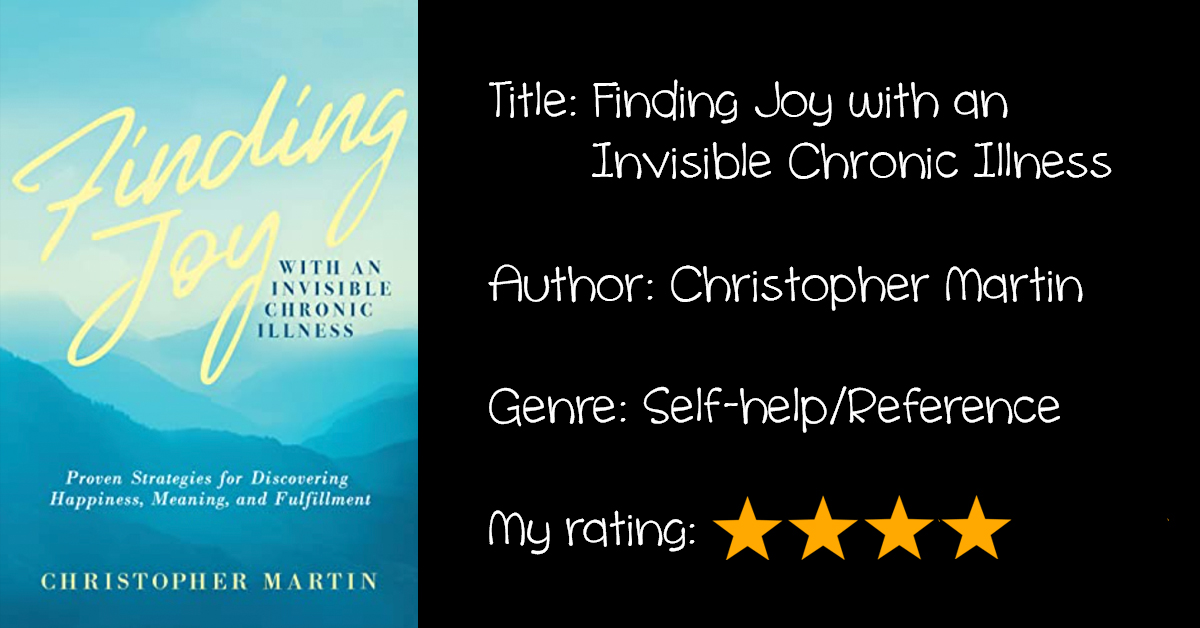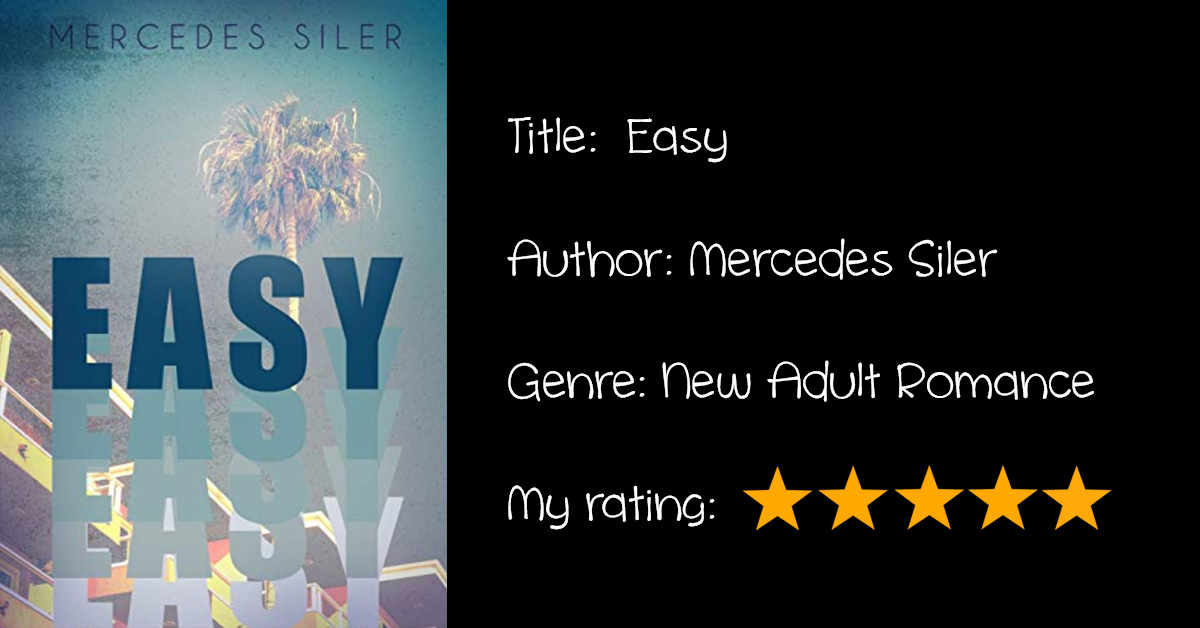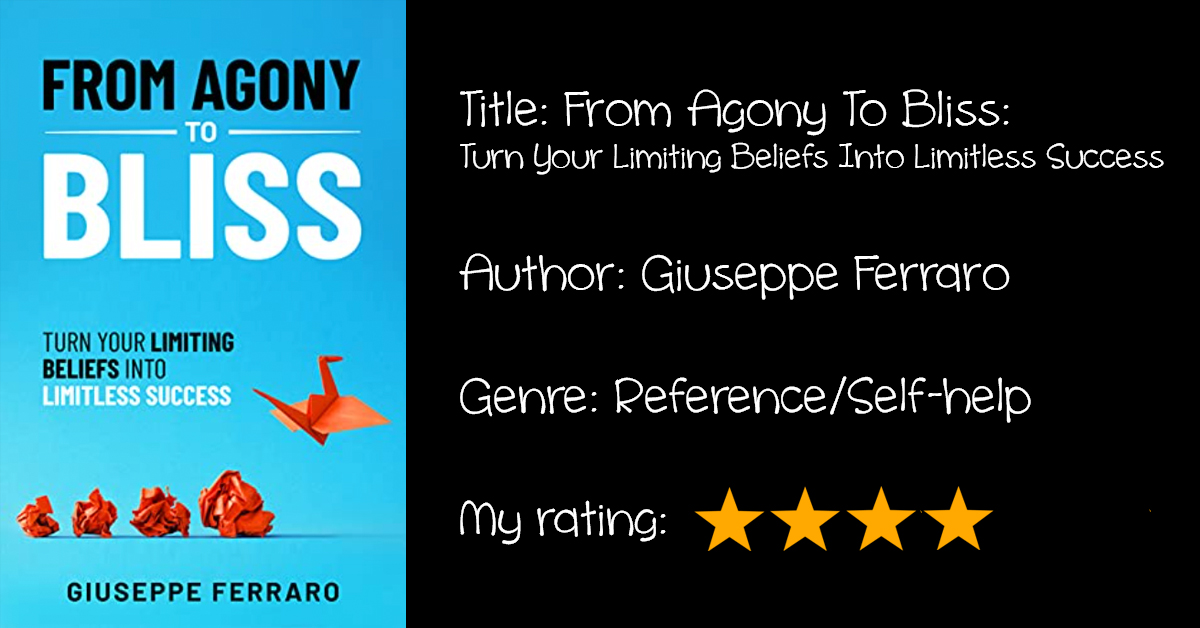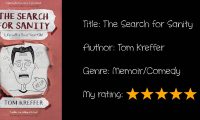Review: “Finding Joy with an Invisible Chronic Illness”
An inspiring and useful book for those suffering with chronic illness
This was my fortieth book I chose via the Reedsy Discovery program, for which I am the single approved reviewer for this new book. This review also appears on Reedsy.
If you’re interested in becoming a Reedsy reviewer (and have the chance to get paid “tips” to review books!) check it out here.
The Premise
The author integrates his personal and professional insights into a concise, actionable, evidence-based guidebook to help others to live their best lives despite having a chronic illness.
The Pros & Cons
This was an inspiring and useful book for those suffering with chronic illness.
The author notes the high prevalence of chronic medical conditions, and points out the poor quality of life for those who suffer. He highlights the importance of focusing on mental health alongside any other therapies or medications, stating that even when conditions are “invisible” they are still very real to the patient and require a multi-pronged approach.
Blending facts with useful resources, as well as sharing his own experience of struggling with an immune deficiency disorder, he promotes “Acceptance and Commitment Therapy”, which helps patients clarify their values and lead a more fulfilling life while improving psychological flexibility; as well as “positive psychology” which embraces optimism while understanding the merits of “defensive pessimism”.
He shares his religious faith, which has guided him through his challenges, and also advises that staying open to new experiences can be a healthy coping mechanism. Lifelong learning is important to keep your mind active and healthy; volunteering, in particular, is another strategy to help take the focus away from one’s pain and into more altruistic measures that can be of mutual benefit as it reduces your own stress.
There are self-reflective questions to guide the reader, as well as prompts such as: “Write a letter to someone you have never thanked before” and “Write one thing for which you are grateful for each day”. He also encourages practicing mindfulness, such as breathing exercises and various forms of exercise; and mentions supplements that can help chronic illnesses. There are also practical tips to help simplify your life, such as decluttering your home or having groceries delivered.
Dating advice is also included, as well as resources to access support groups, and tips about discussing your illness with your loved ones as well as with your employer. I also appreciated the section where he outlines things that someone should NOT tell someone with a chronic illness, for example it is insensitive and cruel to say: “You don’t look sick” or “It’s all in your head.”
Finally, he encourages others to not succumb to the negative emotions caused by their illnesses, but to instead consider how their conditions can benefit them. He states:
I have found incredible meaning and purpose from living with my invisible chronic illnesses. While my search for better health never ceases, I view this suffering as a part of life from which I can grow and learn.
Conclusion
Overall this was a very useful book with several aspects of guidance, and there is a lot here that can benefit multiple audiences. It is well researched and aptly presented, and it can be used by both those with chronic illness as well as those who are caregivers or loved ones of someone with such an illness. I would highly recommend this book to others, and look forward to future works from this author.








